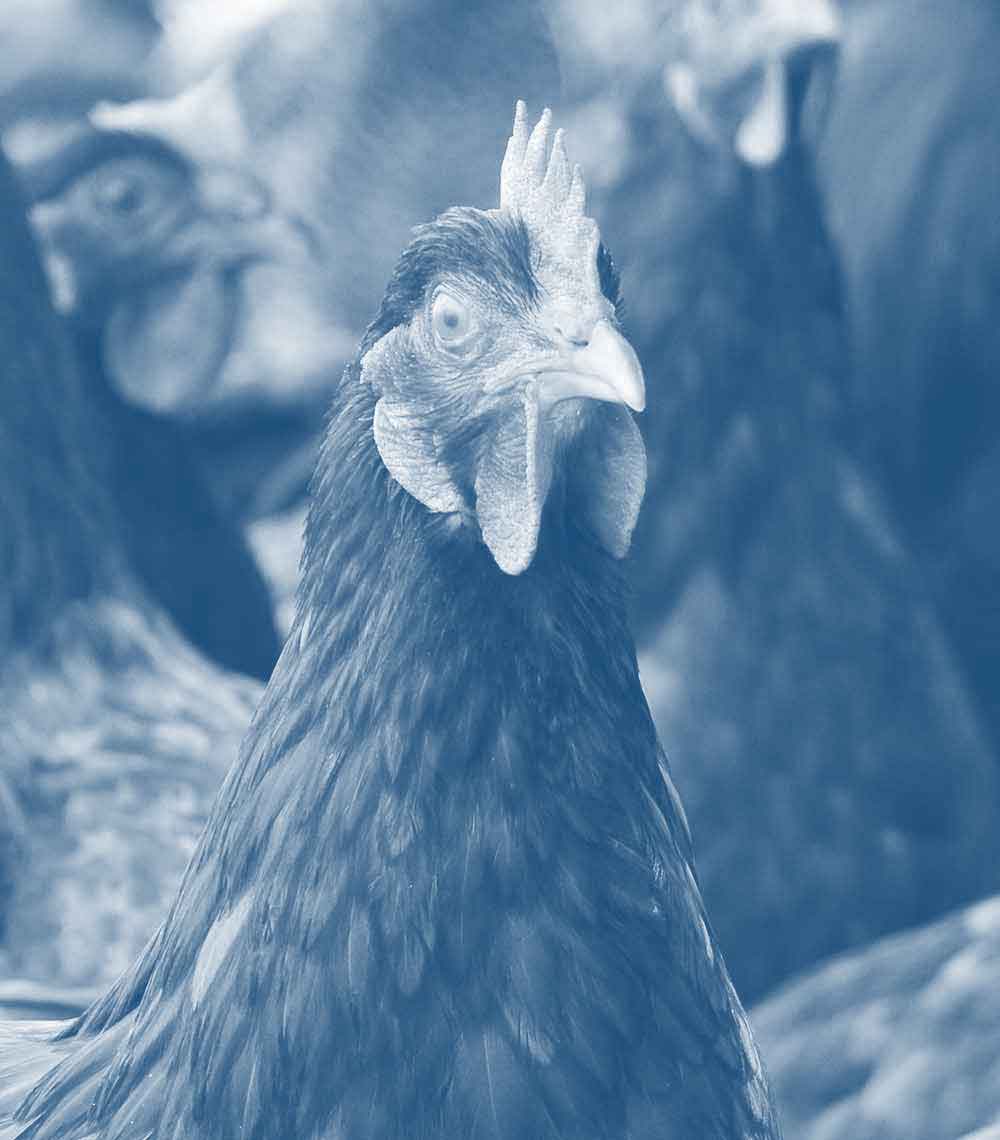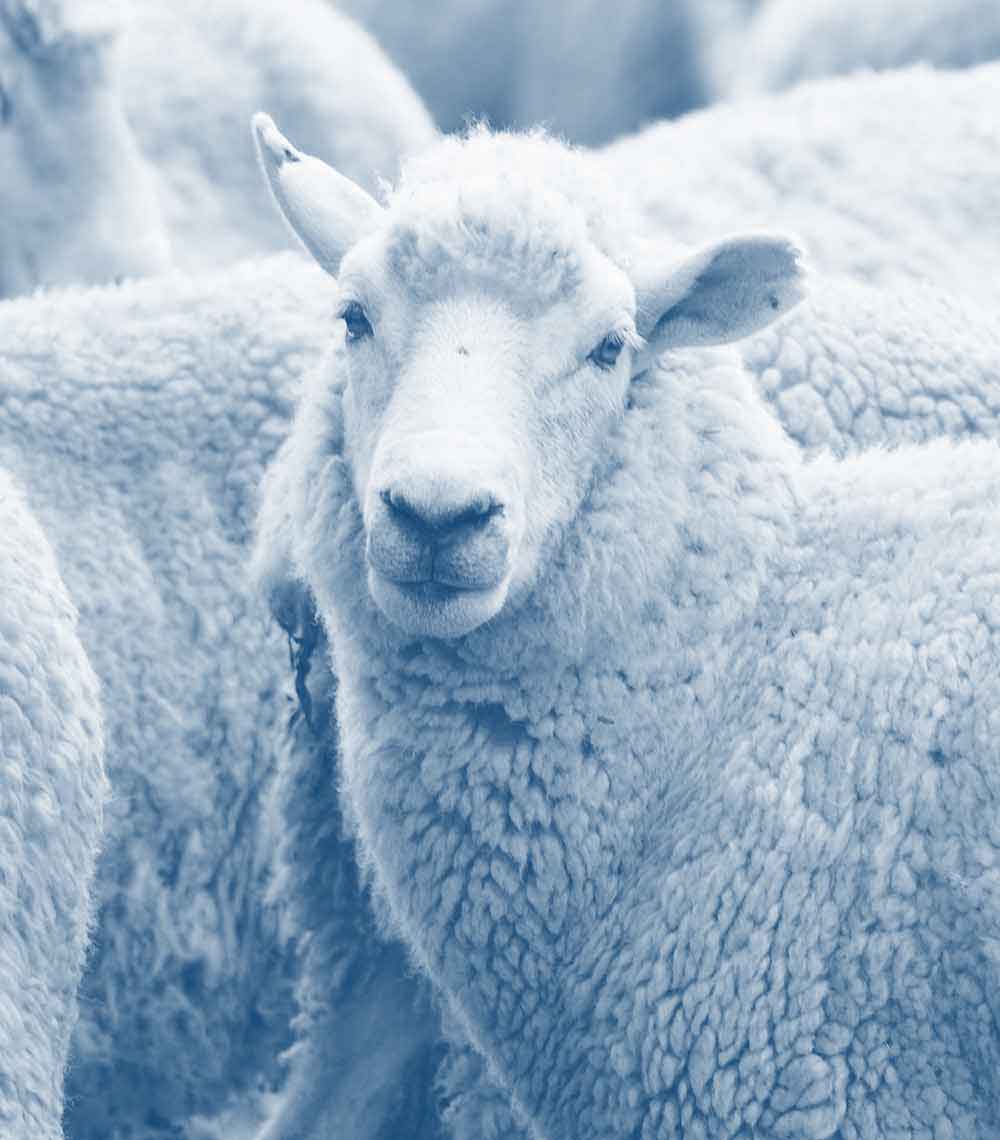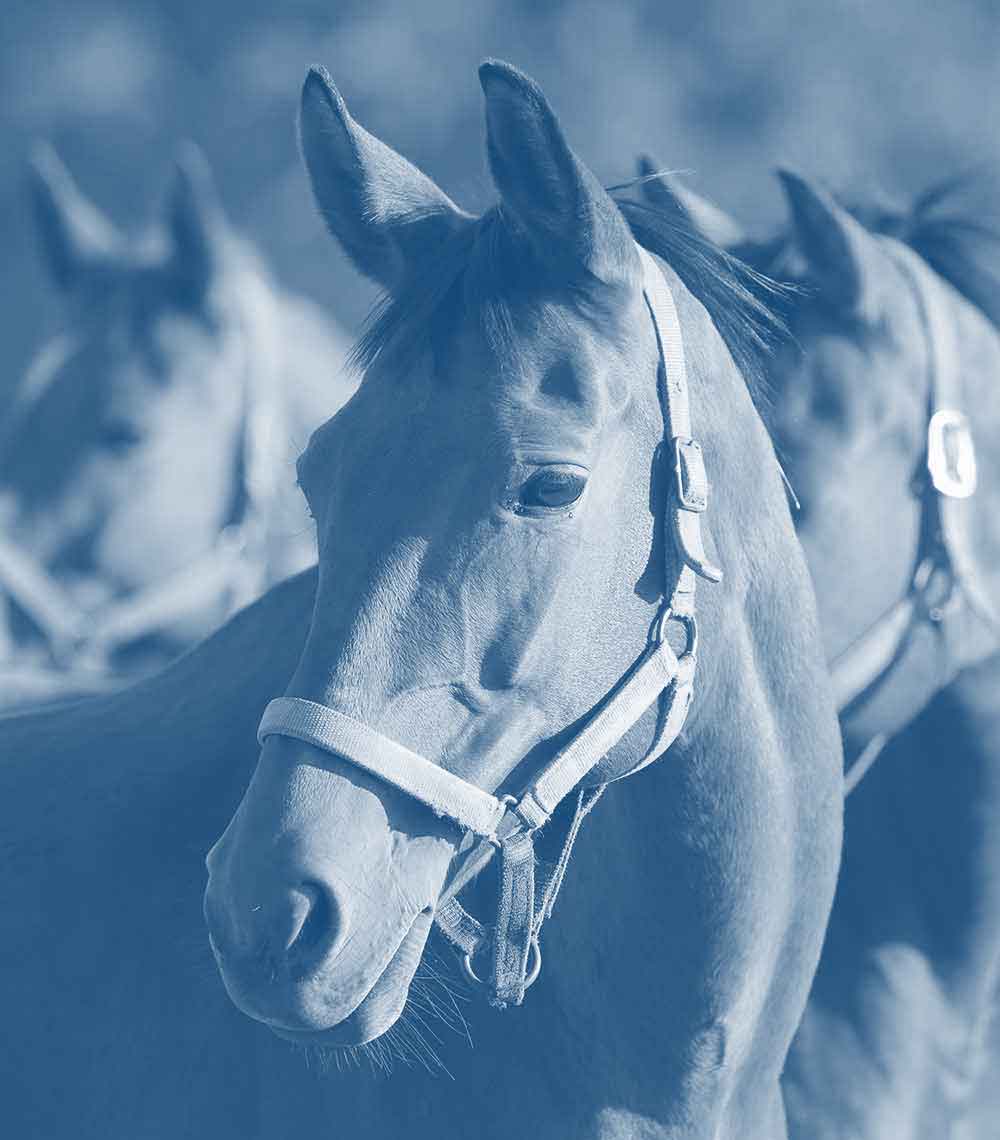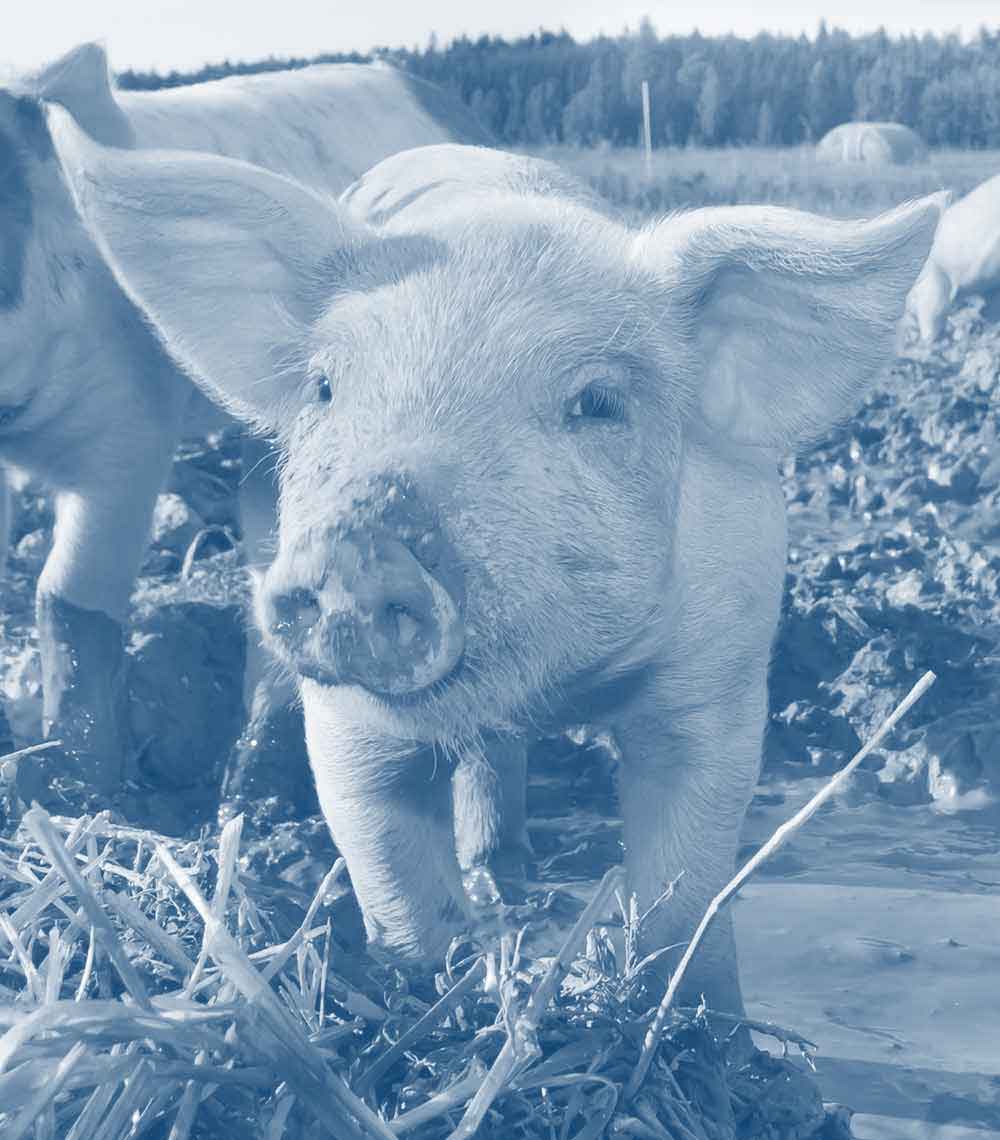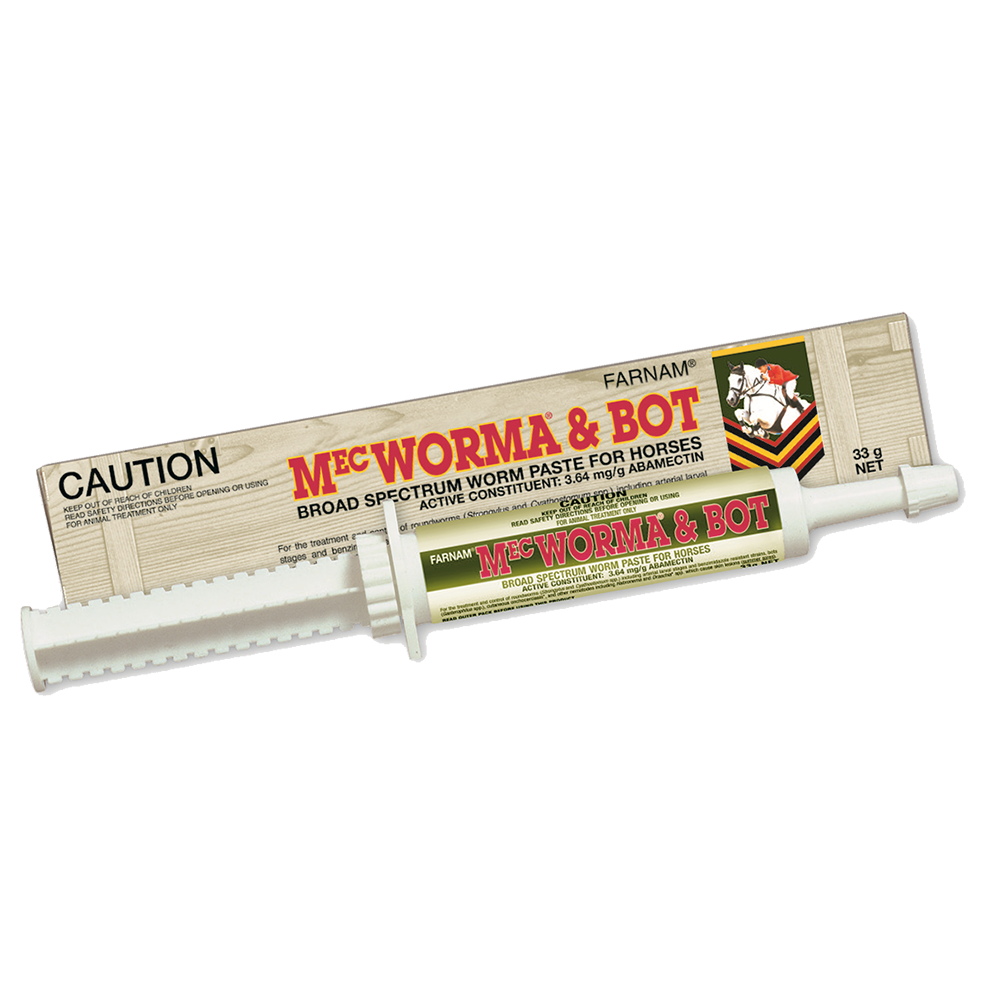
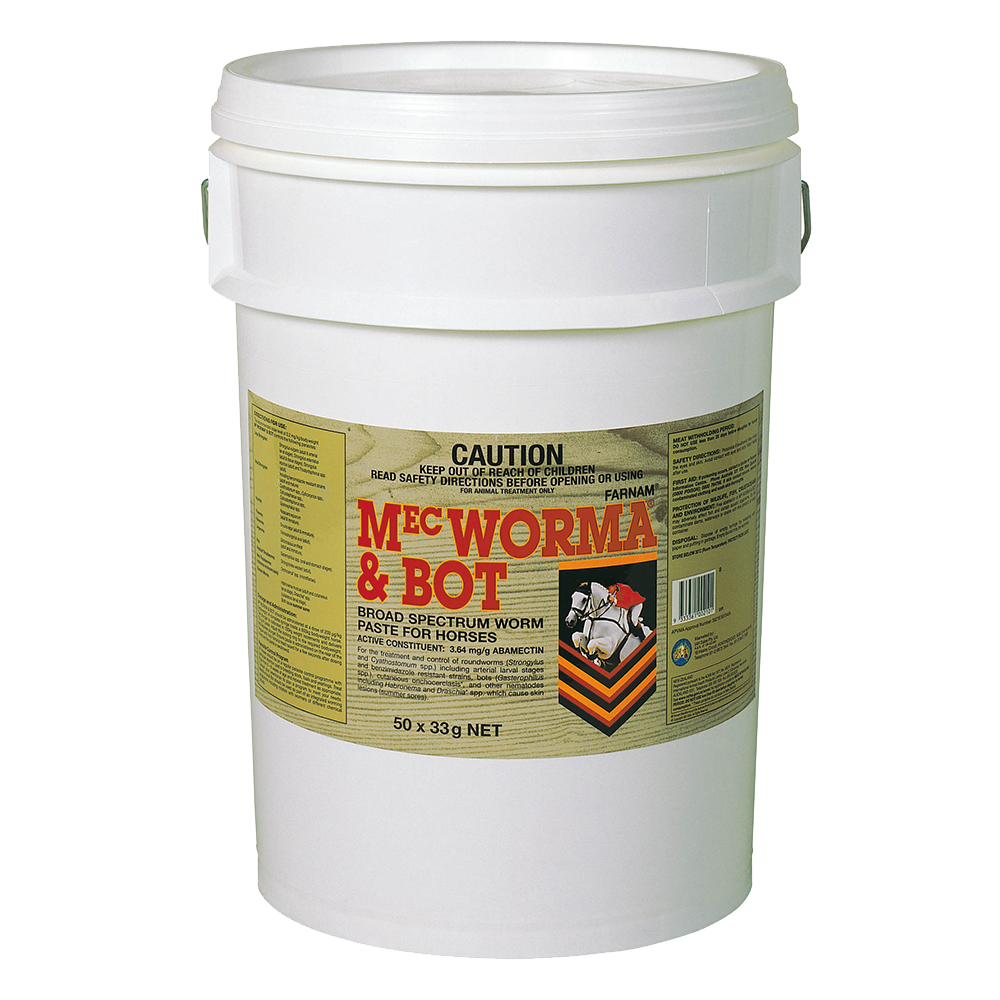
Control Strongyles in Horses, Horse Dewormer
Broad-spectrum worm paste for horses of all ages
- A broad spectrum single active ‘mectin’ oral anthelmintic
- Controls Large Strongyles, Small Strongyles, Ascarids (including adult and immature), Pinworms, Hairworms, Lungworms, Bots, Intestinal Threadworms, Neck Threadworms and Large Mouth Stomach Worms
- A complete syringe treats a 600 kg body weight horse
- Safe for use in horses of all ages
Pack sizes: 33 g syringe (20 per carton), (50 per bucket)
Available: Australia, New Zealand
Q. Can you use cattle drench on horses?
Q. How do I know if my horse has a tapeworm?
Most horses with tapeworms exhibit no signs or symptoms. The most commonly reported sign associated with tapeworm infection is colic associated with irritation to the section of the large intestinal called the caecum which can lead to an intussusception.
Q. How often do horses need worming?
As anthelmintic resistance continues to grow, the implementation of non-chemical control of worms is becoming more and more important. These strategies include pasture rotation, picking up manure and the use of biological treatments such as BioWorma.
Q. What horse wormer kills all worms?
Q. What is the best horse wormer to use this time of year?
Q. What is the best wormer for horses?
Q. What is the first wormer for foals?
Foals are particularly at risk of roundworm (ascarid) infections. Research on horse properties around world have found widespread resistance. Dual active wormers that include morantel e.g., MecWorma & Tape or a BZ class of wormer e.g. Worma Drench or Worma Paste are generally the best options, but the decision should be based on faecal egg count results and previous faecal egg count reduction tests.
Roundworms can cause significant illness in foals including pneumonia, peritonitis, and impaction colic. Faecal egg reduction tests should be performed to confirm that resistance has not developed on your property to any wormer active.
Q. What wormer is safe for foals?
Dual active wormers that include morantel or pyrantel eg. MecWorma & Tape or a BZ class of wormer eg. Worma Drench or Worma Paste are generally the best options for foals. However, wormer choice should be based on faecal egg count results and in consultation with your veterinarian.
Due to the ever-increasing incidence of anthelmintic resistance, faecal egg count reduction tests should ideally be performed 2 weeks after de-worming to confirm that resistance has not developed on your property to a particular wormer active.
Q. What wormer kills tapeworms in horses?
Q. What wormer to use for strongyles?
There is known resistance of small strongyles to the Benzimidazoles (BZ) class of anthelmintics and as such horses with high faecal egg counts are generally recommended to use a macrocyclic lactone (ML) class of anthelmintic (i.e. ivermectin, abamectin, moxidectin) with or without a tetrahydropyrimidine (THP) (i.e. Pyrantel, Morantel) such as MecWorma & Tape or MecWorma & Bot.
Veterinary advise should be sort when choosing the correct wormer and given the increasing resistance of strongyles to “wormers” (anthelmintics), faecal egg count reduction tests should be regularly performed to confirm the efficacy of any chosen “wormer” for your property.
MecWorma® & Bot
Active constituents: Each g contains: Abamectin 3.64 mg
It has been shown to be highly effective (up to 100% activity) in control and treatment of large and small strongyles (Strongylus and Cyathostomum spp.) including arterial larval stages and benzimidazole resistant strains, bots (Gasterophilus spp.), cutaneous onchocerciasis and nematodes including Habronema and Draschia spp. which cause skin lesions (summer sores). Also available in bulk - Boxes (20 per box) and stud packs of 50 syringes.
Downloads:
S.D.S
DATASHEET

